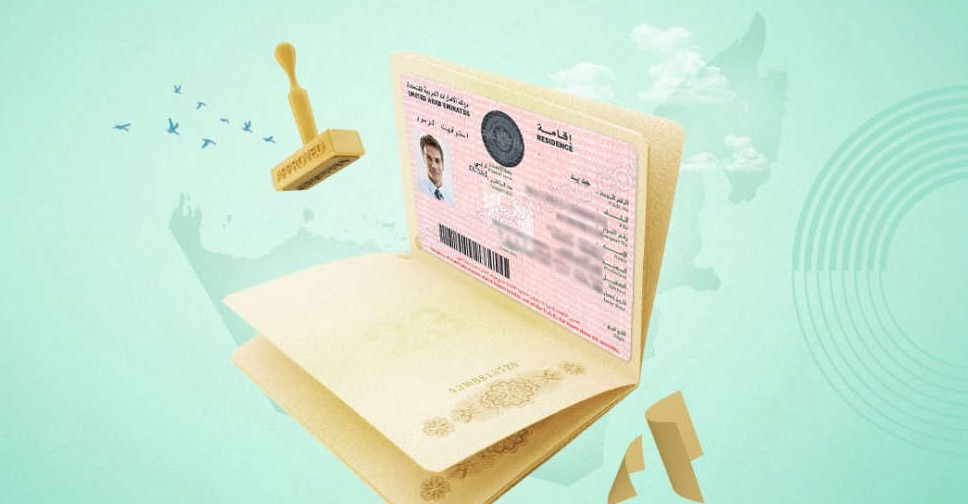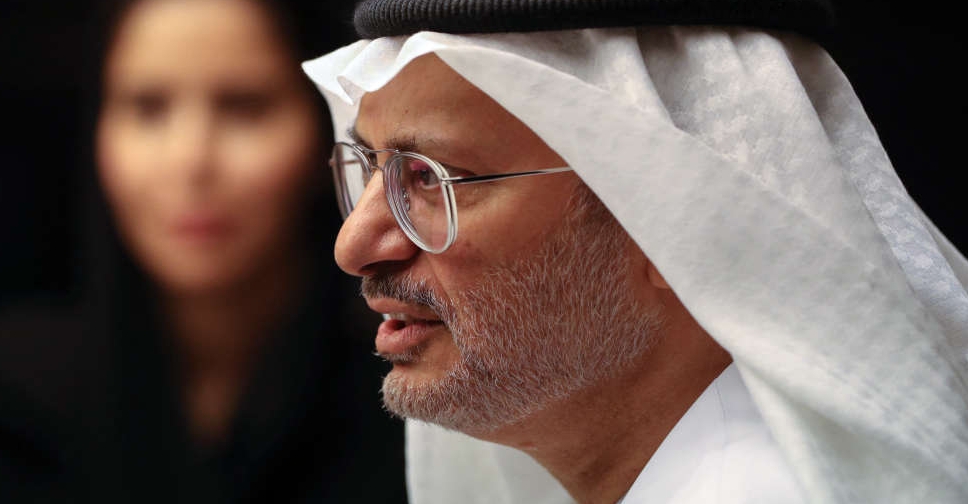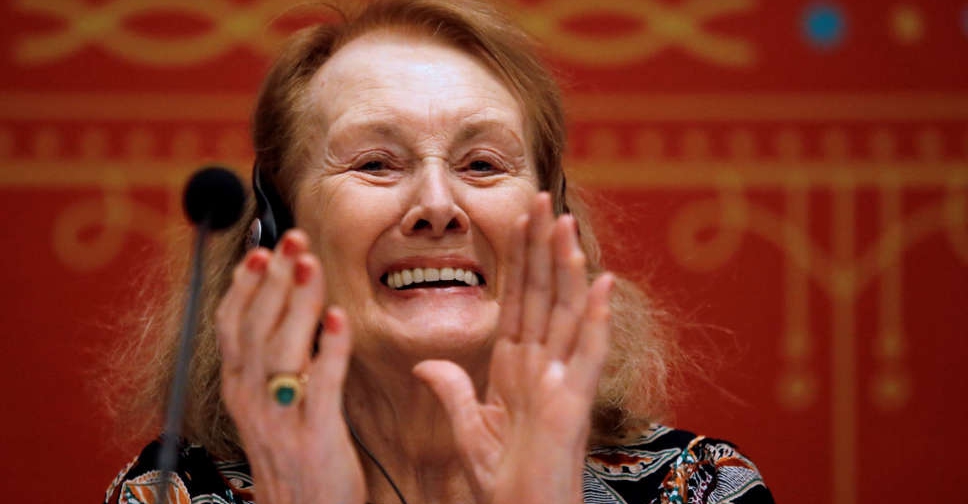
French author Annie Ernaux won the 2022 Nobel Prize in Literature on Thursday for "the courage and clinical acuity" in her largely autobiographical books examining personal memory and social inequality.
In explaining its choice, the Swedish Academy said Ernaux, 82, "consistently and from different angles, examines a life marked by strong disparities regarding gender, language and class".
The first French woman to win the literature prize, Ernaux said winning was "a responsibility".
"I was very surprised ... I never thought it would be on my landscape as a writer," Ernaux told Swedish broadcaster SVT. "It is a great responsibility ... to testify, not necessarily in terms of my writing, but to testify with accuracy and justice in relation to the world."
She has previously said that writing is a political act, opening our eyes for social inequality. "And for this purpose she uses language as 'a knife', as she calls it, to tear apart the veils of imagination," the academy said.
Her debut novel was Les Armoires Vides in 1974 but she gained international recognition following the publication of Les Années in 2008, translated into The Years in 2017.
"It is her most ambitious project, which has given her an international reputation and a raft of followers and literary disciples," the academy said of that book.
Born to a modest family of grocers from Normandy in northern France, Ernaux wrote about class and how she struggled to adopt the codes and habits of the French bourgeoisie while staying true to her working class background.
"CLINICALLY RESTRAINED NARRATIVE"
An adaptation of Ernaux' 2000 novel Happening, about her experiences of having an abortion when it was still illegal in France in the 1960s, won the Golden Lion at the Venice Film Festival in 2021.
The academy said her "clinically restrained narrative" about a 23-year-old narrator's illegal abortion in the book remained a masterpiece among her works.
"It is a ruthlessly honest text, where in parentheses she adds reflections in a vitally lucid voice, addressing herself and the reader in one and the same flow," the academy said.
Former French culture minister Roselyne Bachelot wrote on Twitter that Ernaux was "a writer who has put the autobiographical mode in its cold analytical way at the heart of her career. One may not agree with her political options but one must salute a powerful and moving work".
The prizes for achievements in science, literature and peace were established in the will of Swedish chemist and engineer Alfred Nobel, whose invention of dynamite made him rich and famous, and have been awarded since 1901.
The prize is worth 10 million Swedish crowns ($915,000).
While many previous literature winners were already widely read before landing the prize, the award generates huge media attention and can catapult lesser-known authors to global fame while spurring book sales even for literary superstars.
Some prizes have gone to writers from outside mainstream literary genres, including French philosopher Henri Bergson in 1927, British Prime Minister Winston Churchill in 1953 and American singer-songwriter Bob Dylan in 2016.
Accurately predicting the winner of the literature award is educated guesswork at best and favourites to win this year's prize included a string of authors who have been considered to be high in the running for years.
Among the bookies' favourites for this year's prize were French writer Michel Houellebecq, who gained international fame with his 1998 novel Atomised, Kenya's Ngugi wa Thiong'o, Canadian poet Anne Carson and India-born Salman Rushdie.


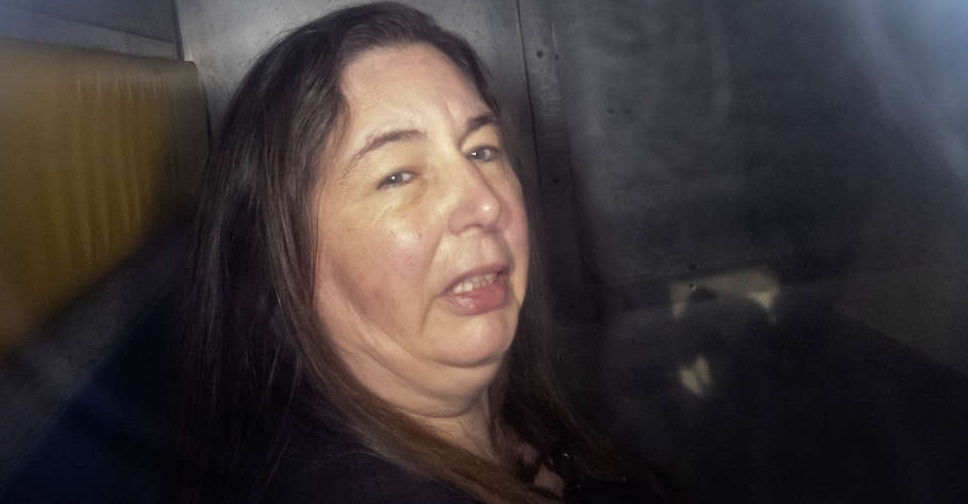 Australian Erin Patterson convicted of mushroom murders
Australian Erin Patterson convicted of mushroom murders
 Search teams scour Texas flood zone for dozens missing; 78 confirmed dead
Search teams scour Texas flood zone for dozens missing; 78 confirmed dead
 Typhoon Danas lashes southern Taiwan with record winds, injuring hundreds
Typhoon Danas lashes southern Taiwan with record winds, injuring hundreds
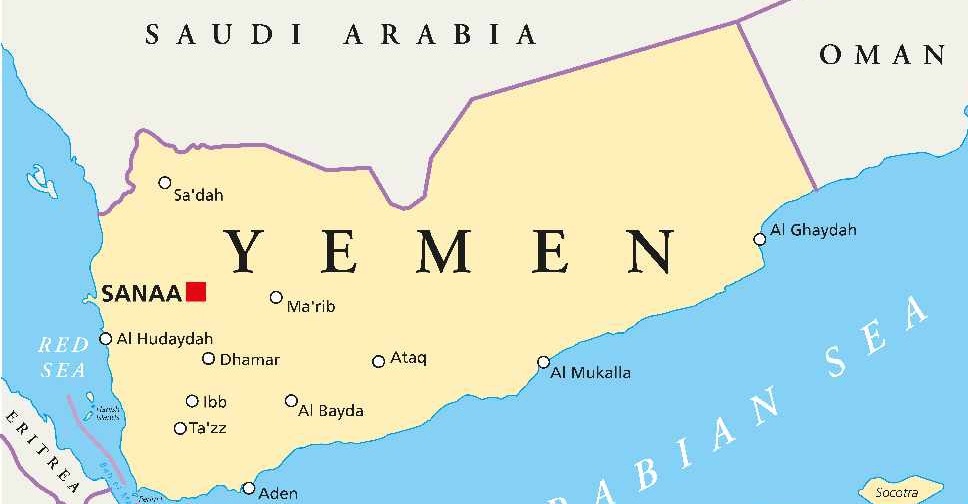 Israel attacks Houthi targets in three Yemeni ports and power plant
Israel attacks Houthi targets in three Yemeni ports and power plant
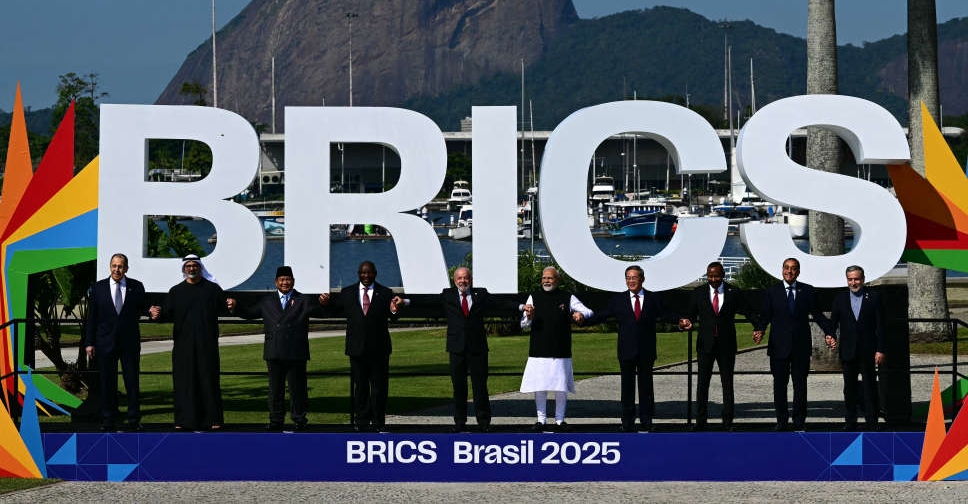 BRICS leaders condemn Gaza and Iran attacks, urge global reforms
BRICS leaders condemn Gaza and Iran attacks, urge global reforms
